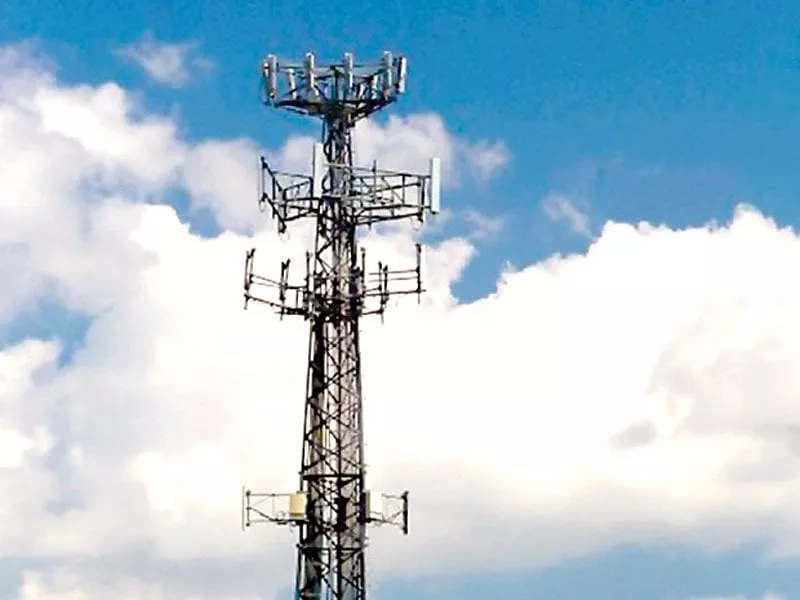Tax relief for telecom proposed
ECC refers matter to committee for further deliberation
ISLAMABAD:The Economic Coordination Committee (ECC) on Thursday referred various tax measures including the abolition of advance income tax on the telecom sector to a committee for further deliberation, a move that would open avenues of further investment and employment generation during the Covid19 pandemic.
The committee will comprise ministers for industries, IT and telecommunication, Federal Board of Revenue (FBR) chairman and IT ministry secretary. On a proposal pertaining to taxes on the telecom sector, the ECC decided that the proposal may be submitted in its next meeting after thorough deliberation of its impact on the existing tax policies by the FBR, Ministry of Commerce and Ministry of Industries.
At present, the telecom sector is paying 12.5% advance income tax and 17% federal excise duty on telecom services. The IT ministry has proposed that economic policymakers should abolish the 12.5% advance income tax and cut the federal excise duty to 16%.
At 12.5%, withholding tax (WHT) on telecom services is significantly higher in comparison to some of Pakistan’s other sectors - 5% WHT is charged on airline tickets and 1% WHT is levied on property transfer.
WHT is imposed on all mobile consumers regardless of their income and age. Experts argue that with around 87 million people living below the poverty line and 2.3% of the employed people earning around $1.90 a day, most of the users are not even eligible to pay taxes.
Although WHT can later be claimed as advance tax and adjusted against a consumer’s tax liability for a year, most people cannot do so because they are either not filers of tax returns or their annual income is below the minimum taxable threshold.
Estimates of global bodies, such as GSM Association, show even a 2% reduction in WHT will increase market penetration through the addition of around 1.7 million connections over the next five years. An industry analyst suggests that lower tax rates will not only help increase telecom demand but will also bridge the digital divide through the addition of new consumers.
“High taxes on the telecom sector are the greatest hurdle to the government’s digital ambitions to tap the full potential of mobile economy. It must be realised that a 10% increase in digitisation will result in a rise of 0.52 to 0.62 percentage point in the per capita GDP,” he added. Duty removal Pakistan’s telecom companies depend on the import of equipment.
The IT ministry has proposed the abolition of regulatory duty on the import of such equipment. It has also proposed that the additional customs duty on raw material may be brought down from the existing levels of 20% and 7% to 5% and 3%.
The government is also charging a tax of Rs250 on the issuance of a new SIM. The IT ministry has proposed that the government may accept the decision of the Lahore High Court in favour of Ufone and Zong and implement it for all mobile phone service providers by withdrawing the Rs250 tax. Ease of doing business
The IT ministry has also recommended exemptions under Section 147 to ensure ease of doing business for the telecom industry, like that for banking and oil industries. It would not result in any tax break for the telecom industry, it said. Introduction of a simplified advance tax mechanism under Section 147 of the Income Tax Ordinance 2001 and exemption from all withholding/collection provisions were recommended.
Minimum tax The IT ministry has recommended that all mobile phone service providers, who were licensees of the Pakistan Telecommunication Authority (PTA), should be included in Division 111 of Part 111 of the Income Tax Ordinance in order to grant relief of 3% minimum tax instead of 8%.
Three telecom companies had pointed out in meetings that telecom was an area that had not been provided any relief during Covid-19 as compared to other sectors of the economy. A committee set up by the prime minister deliberated on these proposals and put forth its recommendations.


COMMENTS
Comments are moderated and generally will be posted if they are on-topic and not abusive.
For more information, please see our Comments FAQ